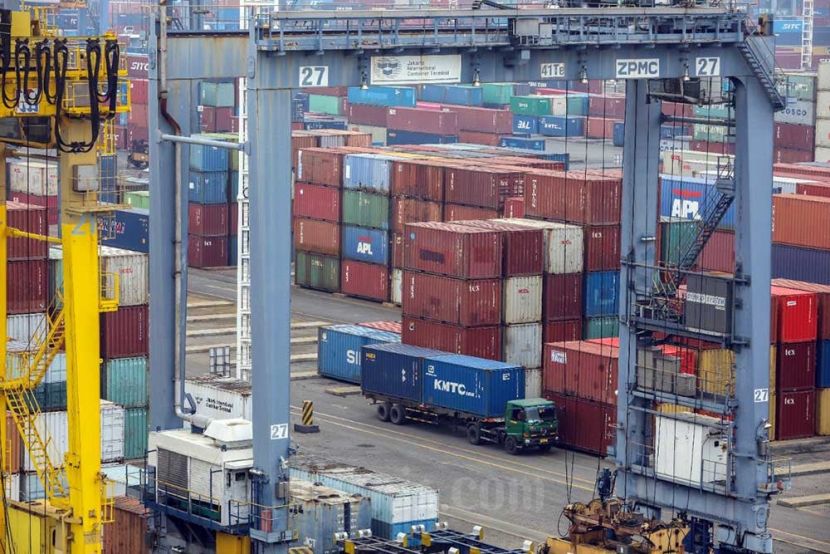Economists question high tariffs on Chinese imports

Economic observers have found that Indonesia is often flooded with imports from China that threaten domestic industry, but imposing import tariffs of up to 200% is not seen as a solution.The executive director of the Center for Economic Reform (Core) said the existence of the ASEAN-China Free Trade Agreement (ACFTA) is one of the reasons leading to the increased influx of Chinese imports into the ASEAN, including Indonesia's market in 2019. Since its implementation in 2016, many imports from China are subject to very low import tariffs in the domestic market and Indonesia is bound by ACFTA, which has led to the flooding of Chinese products in the past 10 years, most of which are almost 0% (Import Tariffs on Chinese Products). On the other hand, he also commented on the government's position of wanting to raise import tariffs on imports from China by up to 200%. On the issue of textile (TPT) industry being squeezed by Chinese imports, the government should not take drastic measures immediately. While he acknowledged that imposing high import tariffs would be beneficial in protecting domestic production, he also reminded the government of the possible consequences of such a radical move. There is a possibility that China could retaliate, as it did with the European Union, which recently imposed tariffs on its electric car exports to Europe. He also questioned the administration's plan to take drastic measures by imposing extremely high import tariffs on imports from China and whether the high import tariff policy is permanent or temporary. The problem of the flood of Chinese imports has to be tackled at the root of the problem, and not just for the sake of momentary gains or just for the government's end-game political purposes.
Center for Strategic and International Studies (CSIS) The Executive Director said that instead of enacting new regulations, the Government should improve the implementation of existing import policies. The reason for this was that the influx of Chinese imports was due more to poor regulatory enforcement and the difficulty in closing the loopholes for illegal imports. If the problem is the enforcement of regulations, the enforcement should be corrected, not new regulations to increase import tariffs. If that was the case, it would not be effective at any time and perhaps it was due to illegal imports. He urged the government to consider the impact of regulations before issuing policies, the government has been pressured by various parties to be inconsistent by amending the import regulations (Permendag No.36/2023) three times in a short period of time. The government must consider the impact of the regulation, what is the impact of these regulations and not just issue new regulations. The Trade Minister on Friday (28/6/2024) confirmed that import tariffs of 100%-200% will be imposed on imported goods with immediate effect, and this is being done to curb the entry of imported goods into the domestic market, thereby gradually strangling the industrial sector and the domestic Micro, Small and Medium Enterprises (MSMEs). Almost all imported ready-to-use goods will be subjected to import tariffs with an average rate of over 100%, including beauty products, footwear, garments, TPT and ceramics, all of which will be subjected to import tariffs of over 100%. China occupies the number one position as Indonesia's main source of imports for the whole of 2023, with Indonesia's imports of goods to China amounting to $62.18 billion, or 28.02% of total imports.

